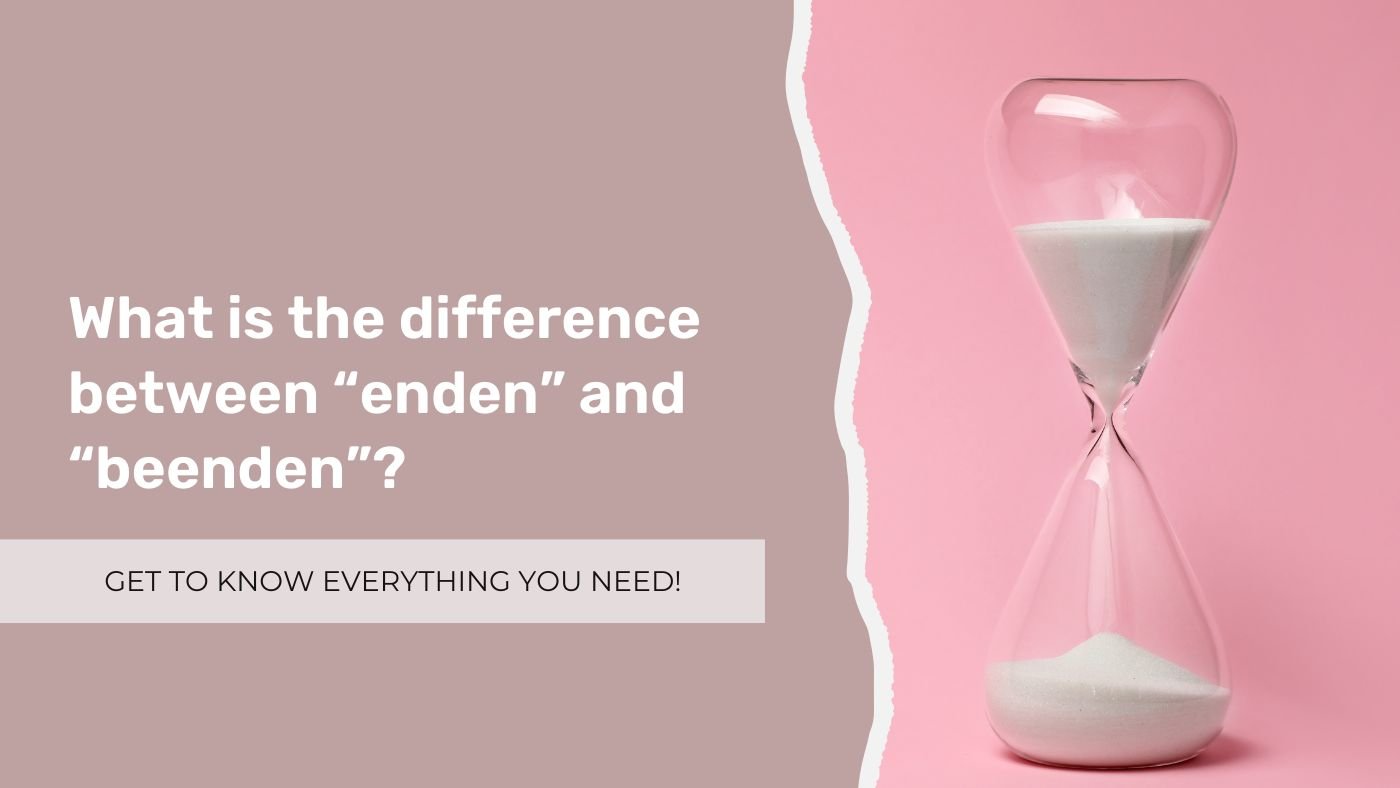Mastering German verbs with the stem ending “eln”
German, renowned for its precision and structure, often presents challenges that can perplex even the most dedicated language learners. One such challenge is mastering the conjugation of German verbs, particularly those ending in "eln." This blog post aims to demystify these verbs, offering clear guidelines and tips to enhance your German learning experience.
Understanding Verb Stem Challenges
Verbs that end in "eln" present a unique challenge in German due to the slight pronunciation adjustments required when conjugating these verbs in the present tense. To avoid awkwardness, German modifies the verb endings slightly. This blog post will guide you through these modifications, ensuring a smoother learning experience.
Recommended study materials on the topic:
A-Grammar: Practice German grammar German (incl. answers)
German self-study book for A1-B1 (incl. answers)
German Verb Charts: Learning Regular and Irregular Verbs at a glance
________________________
Mastering German Verbs
Normally, German verbs add an -e ending to form the first person singular (ich) in the present tense. However, when the verb stem ends in "eln," the language drops the -e in the conjugated form. For example, instead of "ich klingele," it becomes "ich klingle." Also, the ending “en” for “wir” and “sie” becomes only “n”. This adjustment simplifies pronunciation and maintains the fluidity of the language.
Support my free blog content with a kind donation. Thank you!
German verb conjugation endings for stem ending “eln”:
ich kling_l + e = ich kling_le
du klingel + st = du klingelst
er/sie/es klingel + t = er/sie/es klingelt
wir klingel + n = wir klingeln
ihr klingel + t = ihr klingelt
sie klingel + n = sie klingeln
Here's how it applies to different verbs:
klingeln (to ring) becomes ich klingle (not ich klingele)
handeln (to act) becomes ich handle (not ich handele)
sammeln (to collect) becomes ich sammle (not ich sammele)
wechseln (to change) becomes ich wechsle (not ich wechsele)
Remember: In German, verbs with stems ending in "eln" drop the "e" in the first person singular (ich) form, "wir" and "sie pl." get the ending "n".
Conclusion
Understanding the intricacies of verb conjugation in German, especially with stems ending in "eln," is crucial for advancing your language skills. Remember, language learning is a journey filled with peculiar rules and exceptions. Embrace these challenges and use them to deepen your understanding and appreciation of German. With practice and patience, you'll master these verbs and move one step closer to fluency.
For further German verb conjugation tips, you might want to check out mastering German verbs with stem endings s, ß, z, ss, and x.
Bis bald!
Steffie
Hello there! Although my blog content is free of charge, your kind support is greatly appreciated.
Related Posts
Hi there, I'm Stefanie, the author of the blog post you're reading.
Please support my work!
Search blog



Unlock the secrets of mastering German verbs with unique stem endings such as s, ß, z, ss, and x.